Description
Political and economic climate:
Iraq’s fifth national election since the US invasion in 2003 marked a shift in power for the country, with Shia cleric Muqtada al-Sadr’s Sairoon Alliance winning significantly more seats in October 2021 than any other party. The election results are unlikely to improve security or political situation, however.
Low participation in the election reflected the disillusionment of many Iraqis in the existing political system and the political class that holds the power. Despite the uncertainty, Iraq’s government has made significant progress over recent months on projects designed to enhance the country’s oil and gas sector and reduce pollution, signing deals with several western companies.
Furthermore, with rising oil prices and improved fiscal outlook, the government is finding itself in a better financial position with which it fund projects.
Iraq’s economy has been negatively impacted by the Covid-19 pandemic as well as by plunging oil and gas prices. As a result, real GDP growth was contracted by more than 15 per cent in 2020. However, with improved economic climate and public finances, the GDP growth is projected to be around 3.6 per cent in 2021 as estimated by the IMF which represents, on paper, a sign of recovery.
Similarly, as a result of the fall in the government’s revenue from the oil sector, along with its emergency spending on pandemic countermeasures and relief, public debt rocketed from 45.1 per cent of GDP in 2019 to 84.2 per cent in 2020 – a 86 per cent increase in the country’s debt burden. The IMF estimates that debt burden is estimated to have dropped to 60 per cent of GDP in 2021. Furthermore, Inflation is projected to touch 4.5 per cent in 2022, according to the IMF.
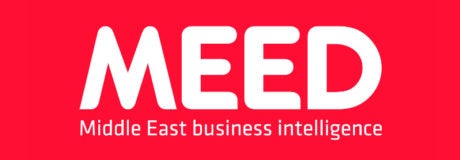
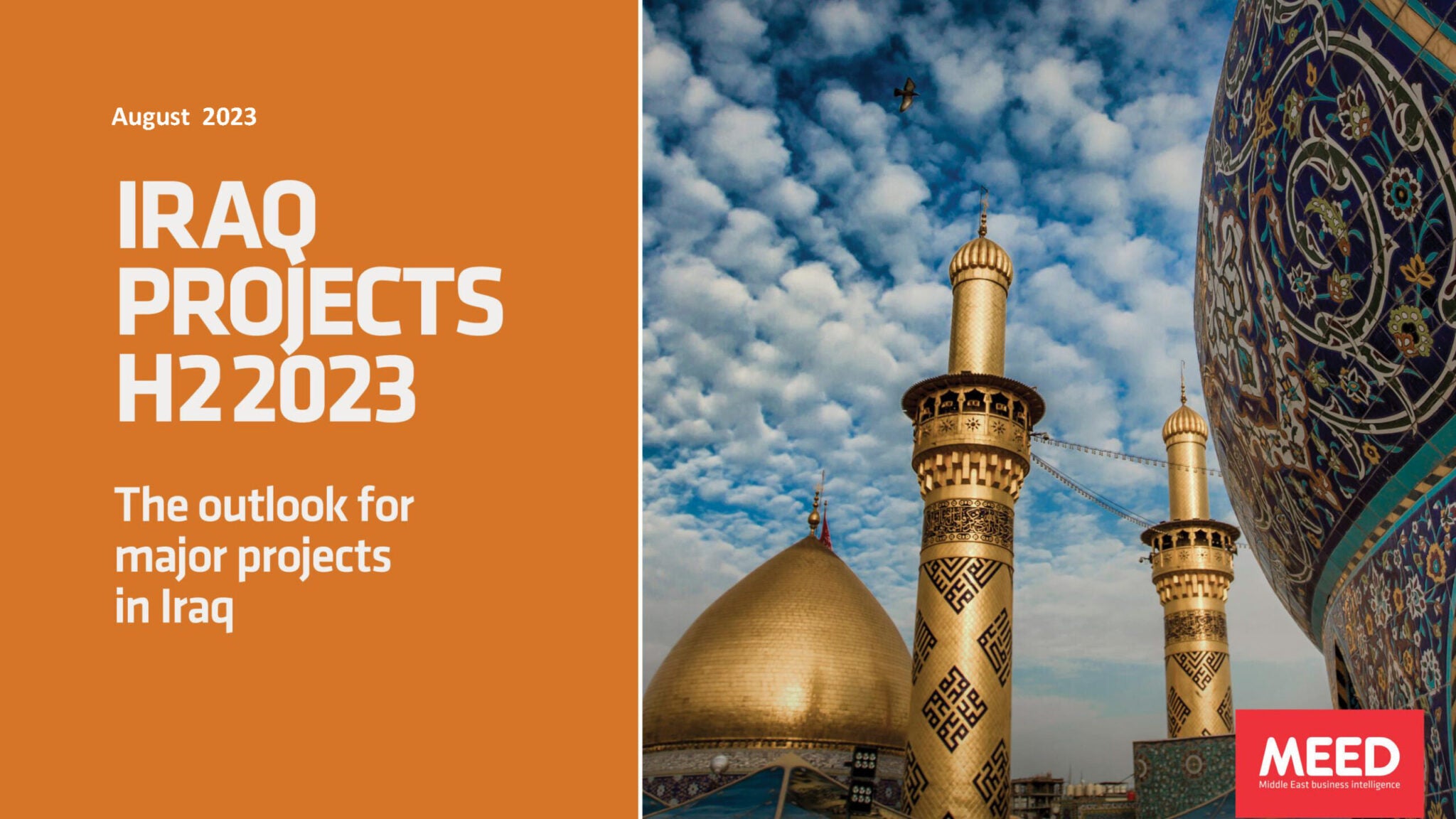
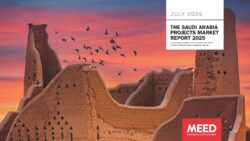
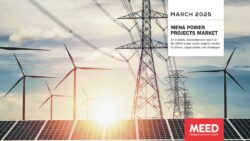
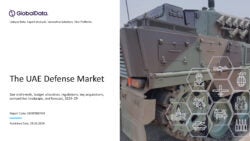
Reviews
There are no reviews yet.